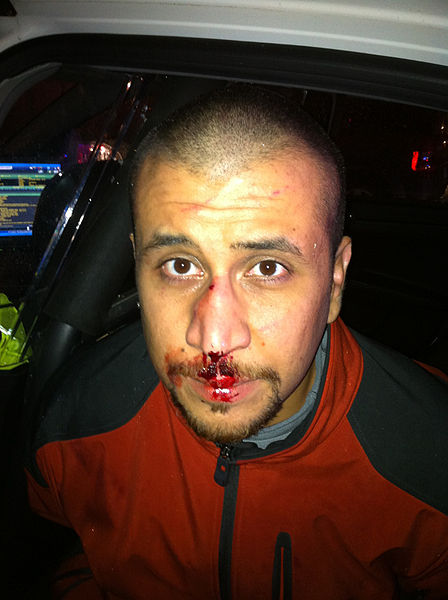 (Reuters) – Mali’s prime minister was forced to resign on Tuesday by the soldiers who staged a coup in March, complicating international efforts to help push Islamists from the north of the country.
(Reuters) – Mali’s prime minister was forced to resign on Tuesday by the soldiers who staged a coup in March, complicating international efforts to help push Islamists from the north of the country.
Once a beacon of democracy in West Africa, Mali has been mired in crisis since ethnic Tuareg rebels and al Qaeda-linked Islamist fighters seized the northern two-thirds of the arid nation in the wake of the coup.
Although the soldiers handed over to a civilian president and prime minister under international pressure, they have remained powerful.
Cheick Modibo Diarra resigned as prime minister hours after he was arrested trying to leave the country for former colonial power France and was brought to the ex-junta’s headquarters at a barracks in Kati, just outside Bamako.
“I, Cheick Modibo Diarra, hereby resign with my entire government,” a nervous-looking Diarra said in a short statement broadcast on state television early on Tuesday. Diarra is a former NASA scientist and Microsoft chief for Africa who was made prime minister in April.
Fearing Mali has become a safe haven for terrorism and organised crime, West African leaders have signed off on a plan to send 3,300 soldiers to Mali to revamp Mali’s army and then support operations to retake the north.
Diarra’s forced resignation was a clear indication that those behind the coup still maintained considerable control however, a fact that could discourage international partners from backing the plan until civilian rule is strengthened.
France called for a new government to be formed quickly after the resignation.
Even before Diarra’s arrest and resignation, support for the military intervention plan was not universal.
France is keenest to see military action to tackle the Islamist groups, including al Qaeda’s North African wing, AQIM. But the United States and the United Nations have expressed concern, saying the plan lacks necessary detail.
The United States warned on Monday that Mali was “one of the potentially most explosive corners of the world”.
Reuters has the full article










